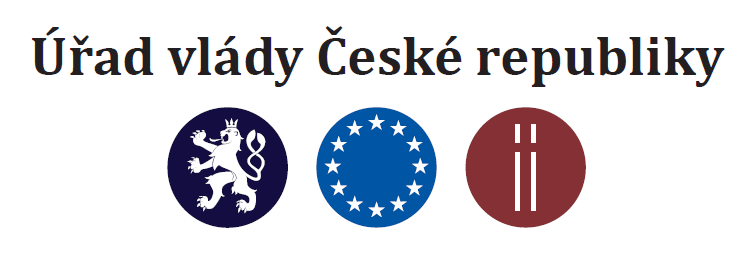Politics: Who gets what, when, and how
Politics: Who gets what, when, and how
Whether you like it or not, politics is to a great extent about money. In the 1930s, Harold Lasswell reputably defined politics as a competition about who gets what, when, and how. The core of politics in developed democratic countries rivets around the money – around the rate of taxation and utilization of collected money. Since the Second World War, we have witnessed a steady rise in the volume of resources countries collect from their citizens through the levied taxes. Nowadays, almost 40% of economic value created in developed countries thus passes – one way or another - through taxes and state budgets. Politics resolves how such resources will be used.
What public services should the state provide to its citizens? How dense should a social network be? How much to spend on schools? How much is spent on health care? Should the citizens share in its costs? How high should retirement money be? Should marihuana be legalized, and does a woman have the right to decide on her own whether to undergo abortion? Can the state seize a property designated for a construction of highways? Or a property designated for a construction of a new office? Is entrepreneurship given priority to environment? Is social equality given priority to the freedom of enterprise? Are the terms right-wing and left-wing politics relevant nowadays? Why has there been a continuous decline in the number of citizens joining political parties? What do the populist movements bring to politics?
If you wish to understand how a state works and why politics looks the way it does, then study it!









